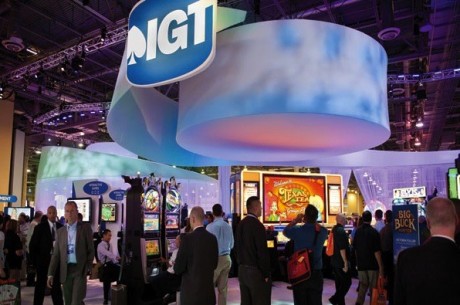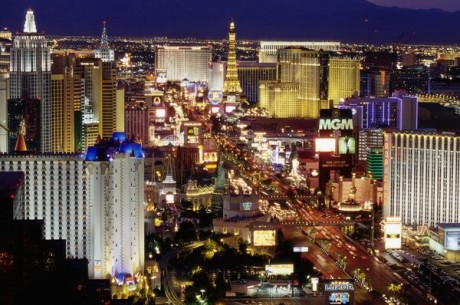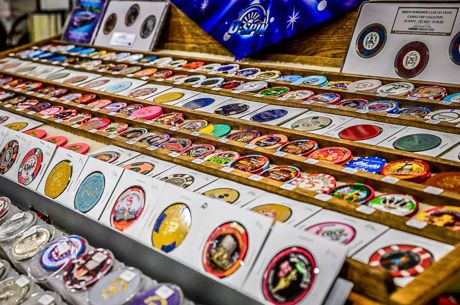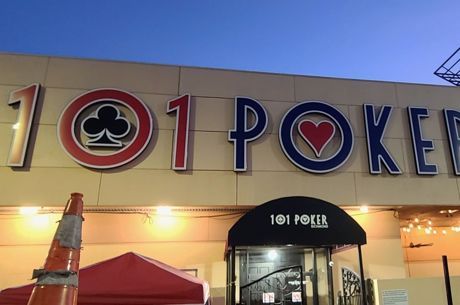Inside Gaming: Pennsylvania Gaming Booming at New Jersey's Expense
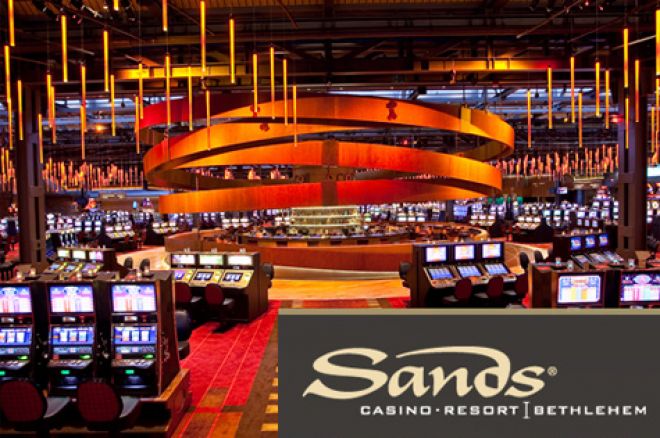
Gaming execs are busy this week hosting Chinese New Year crowds and chatting it up at the ICE online gaming conference in London. But that doesn't mean there isn't time for some gaming business news. Pennsylvania Gaming Control announced huge annual returns for 2011, and with Atlantic City revenue slipping for a fifth year in a row, the country's second and third largest gaming markets could switch places this year. And if the State of the Union didn't satisfy your appetite for tax bickering, you're in luck! Nevada upheld a ruling that casinos must pay full sales tax on comped meals, and casinos say they'll appeal the decision again.
Pennsylvania Threatening to Overtake AC as Dominant East Coast Gaming Market
Pennsylvania casinos raked over $3 billion in gaming revenue in 2011, state regulators announced last week. The 22 percent increase over 2010's total means Pennsylvania is threatening to surpass Atlantic City as the second-largest gaming market in the U.S. Atlantic City collected $3.3 billion in 2011, dropping 6.9 percent in its fifth straight year of decline.
Pennsylvania opened its first slots-only casino in 2006 and legalized table games in early 2010. It took several months for casinos to roll out the new games, and table game revenue almost doubled from 2010 to 2011, contributing $619 million. Slots brought in $2.4 billion, a six percent yearly increase. The state has 10 operational casinos and two smaller projects in the works. The Pennsylvania Gaming Control Board also has the legal authorization to license one more casino and one new casino in Philadelphia.
In contrast to Pennsylvania's growing market, the last several years have been a constant stream of bad news for Atlantic City. The rapid expansion of East Coast casino gambling has cannibalized the seaside New Jersey town's gaming and resort markets. The loss of many Pennsylvania gamblers has been a major contributing factor, as has the expansion of gaming in New York and Delaware.
In December, Atlantic City recorded its first year-over-year monthly revenue increase in 40 months, but it wasn't nearly enough to make the year a win. With Ohio close to opening its first commercial casino, Maryland about to open its second, and New York debating legalizing table games, Atlantic City's future doesn't look bright. New Jersey is hoping that the opening of Atlantic City's 12th casino, the much-delayed Revel project, will boost revenue in the next year.
Maybe listening to La Guardia Performing Arts High School sing from Ragtime about Atlantic City's heyday will make the boardwalk feel a little better. Reading these articles from CBS News and the Huffington Post probably won't.
Nevada Rules Casinos Must Pay Tax on Comped Meals; Casinos Fight Back
They say two things are certain in life: Taxes, and companies fighting taxes. (We'll just ignore the messy death thing for now). On Monday, the Nevada Tax Commission ruled that casinos owe the state sales tax on the retail price of all of the meals they comp. In a 6-1 decision, the commission rejected an appeal by Boyd Gaming Corp., which had requested a $21 million refund of the sales tax the company paid between 2000 and 2008. Boyd's is only the first case to be heard. Many other casinos have submitted similar appeals requesting refunds that $225 million. Caesars Entertainment's appeal will be heard next.
In 2008, the Nevada Supreme Court ruled that the Sparks Nugget did not have to pay taxes on comped meals unless the meal was for "consideration." Boyd and other casinos stopped paying that tax and were then denied refunds after submitting applications. The Tax Commission sent deficiency notices in 2010 but has not collected.
Boyd's attorney argued that comped meals should not be taxable because no money changes hands, but Deputy Attorney General Blake Doerr, representing the tax department, countered that the transfer of money isn't a requirement of a sale. Doerr argued that there is a "consideration" in the meals in question because patrons must gamble to be eligible for comps, and casinos determine how much customers earn in meals using full retail price. Employees who receive meals as part of a contract are also bargained for, he said. "The employee agrees to work and the employer agrees to provide meals."
Commissioner Robert Johnson, representing Las Vegas, cast the only vote disagreeing with the decision previously made by Administrative Law Judge Dena Smith. Boyd said the company would appeal the ruling to the Nevada Supreme Court. After the hearing, Tax Commissioner David Turner said he expected the case to end up there.
The Las Vegas Sun covers the decision and Boyd's response.
Follow PokerNews on Twitter for up-to-the-minute news.
*Photo courtesy of DenofVice.com

